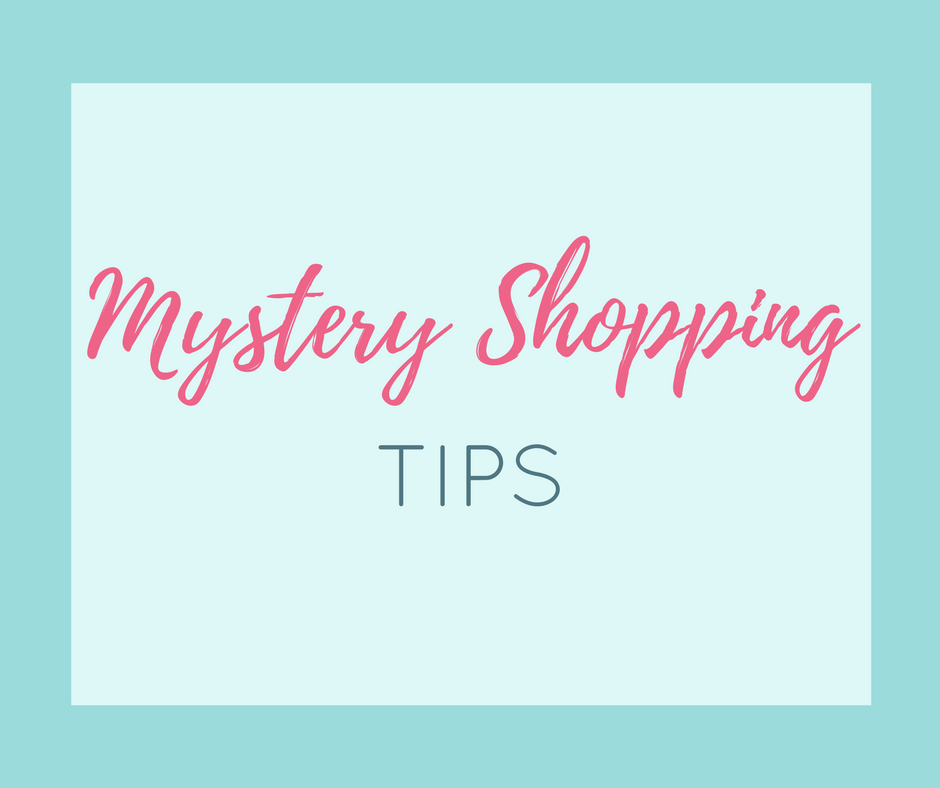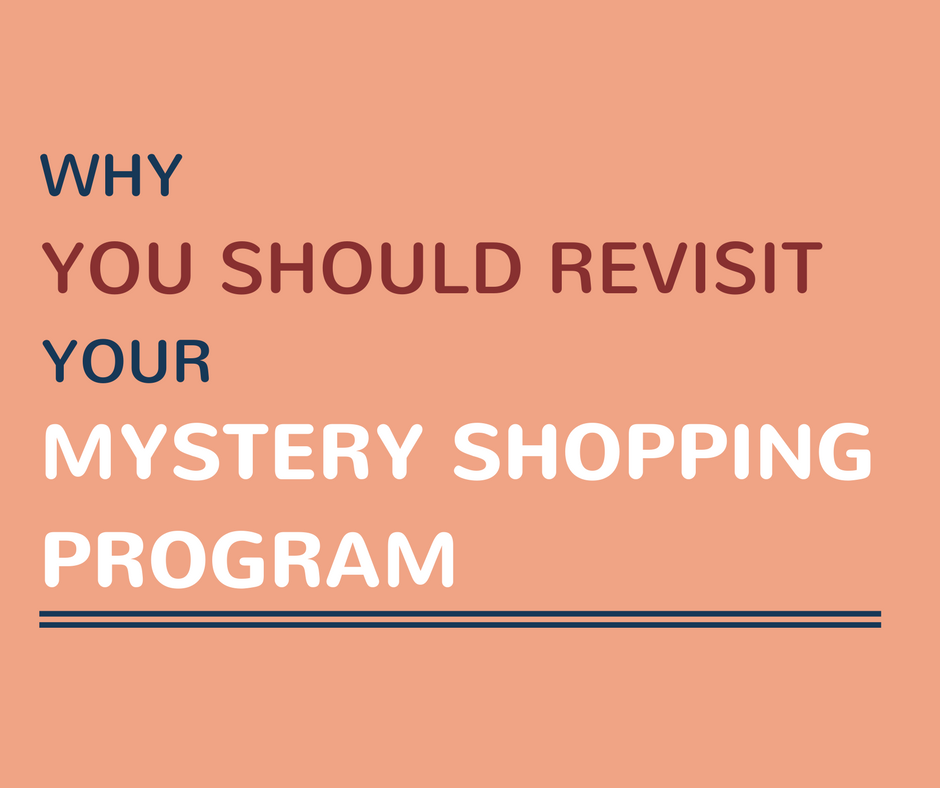Virtual Mystery Shopping Do’s and Don’ts
Keeping experiences consistent, both in-person and online has never been more important. Over the past year, we’ve seen a significant acceleration in...

Mystery shopping is a great way to measure your customer experience and learn how well your locations are following brand standards. A lot of thought and planning goes into creating standards that deliver consistent, exceptional experiences for your customers - no matter which location they visit. In order to achieve this consistency, you must ensure that your standards are being met across the business.

When implementing a mystery shopping program, it’s important to create a program that will give you the best possible data to draw conclusions from, and drive improvements. When creating a program, there are a few things that we suggest doing (and not doing) in order to get your most valuable feedback:
One of the main reasons to implement a mystery shopping program is to gather accurate feedback to measure company and/or brand standards. In order for this to be done properly, you must ask objective questions that garner responses based on facts and direct outcomes from the shopper’s experience. For example, “Was the steak cooked properly? (rare, medium, well done etc.)”
Mystery shopping is not meant to collect individual’s opinions, but instead ask questions with answers directly related to company standards. Opinion-based questions lose credibility and don’t provide companies with the facts they need to gauge performance levels. An example of an opinion-based question is, “Did you like the taste of your meal?”
Remove any questions or situations from your mystery shops that are likely to give away the shopper’s anonymity. The goal is to keep shoppers anonymous so the service they receive and the feedback they collect is genuine. Implement a mystery shopping program that will give you the data you need to make improvements, but is still representative of your average customer.
Don’t create mystery shopping questions or program requirements that will give away the identity of your mystery shoppers. While there may be certain things you want to measure a specific way, in order to collect accurate feedback - shoppers need to remain anonymous. For example, if you operate a gym and want to know how clean the change rooms are - asking shoppers to take photos would not only go against gym policies, but also cause suspicion and alarm others in the change rooms.
Mystery shopping should be a positive experience for employees, managers and operators. It’s meant to keep employees excited and passionate about their jobs, and encourage them to always be following company standards. Remeber that this is a productive experience for employees to learn more about their performance.
When mystery shopping is used as a way to catch employees doing something wrong or failing to meet standards it starts to negatively impact employee morale. This certainly does not help customer service. You don’t want employees and management or operators to feel like they’re on opposing sides - everyone is part of one team, working towards the same goal of improving customer experience.
If your mystery shopping programs are always scoring above 95% - that’s great! - but, it’s likely time to change what you’re measuring. It’s okay if you have lower scores, this is what tells you which areas need improvement. If you know you’re doing well in a certain area, that probably isn’t where you should be asking questions.
The purpose of mystery shopping is to focus on your pain points and drive improvements - not simply just aim for high scores. When your goal is high scores, you likely aren’t measuring the possible weak points in your customer experience. Remember that your mystery shopping score is not the goal of the program - simply the measurement.
Mystery shopping is a great way to find areas for improvement by measuring your customer experience. Creating programs that ask the right questions and hide the identity of your shoppers will provide you with the most informative and unbiased feedback. This is an opportunity to encourage and engage employees while always driving progress and performance.

Keeping experiences consistent, both in-person and online has never been more important. Over the past year, we’ve seen a significant acceleration in...

When running a mystery shopping program at your business, sometimes it can feel like all it requires is simply putting a program in place, and then...

Mystery shopping works. But, to reap the rewards, you need the right program, the right questions, and the right partner.